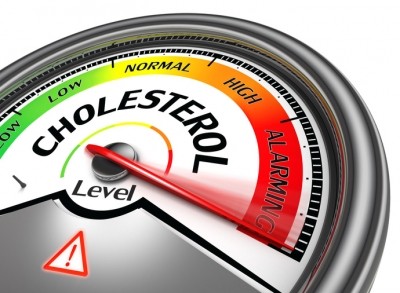High dose L-citrulline shows cardiovascular benefits for older women: RCT

The amino acid L-citrulline is said to play an important role in nitric oxide (NO) metabolism and regulation. L-Citrulline is converted to L-Arginine in the body to support L-Arginine and NO levels. Increased production of NO promotes vascular dilation which improves oxygen and blood circulation throughout the body.
New data published in Nutrients indicated that four weeks of supplementation with 10 grams per day of L-citrulline did lead to big increases in arginine levels and was associated with statistically significant improvements in flow-mediated dilation (FMD), a measure of endothelial function, and diastolic blood pressure (BP), compared to placebo.
“Oral L-CIT supplementation may be a viable therapeutic strategy to combat the vascular complications that become apparent in hypertensive postmenopausal women,” wrote the researchers.
Study details
The Texas-based scientists recruited 25 postmenopausal women with elevated blood pressure (hypertension) to participate in their randomized, placebo-controlled trial. The women were randomly assigned to receive either the L-citrulline supplement (provided by NOW Foods) or placebo for four weeks.
The results showed that serum L-arginine levels increased in the citrulline group by an average 13 µmol/L, compared to a decrease of 2 µmol/L in the placebo group.
FMD increased by 1.4% in the L-citrulline group, compared to a 0.5% decrease in the placebo group.
“To our knowledge, this is the first study to report that L-CIT supplementation improves endothelial function (FMD) in hypertensive, otherwise healthy postmenopausal women, and sheds light on the potential for improving vascular function via a dietary intervention,” wrote the researchers.
In addition, resting aortic diastolic blood pressure decreased by an average of 2 mmHg in the citrulline group, compared to a 2 mmHg increase in the placebo group.
“In agreement with our finding, a meta-analysis found that L-ARG supplementation decreases DBP by 2 mmHg in women but not in men,” wrote the researchers. “Such decrease in DBP would reduce the prevalence of hypertension by 17% and the risk of heart failure by 6%. The current study found that 4 weeks of L-CIT supplementation reduced DBP to more optimal levels (~80 mmHg) in hypertensive postmenopausal women.”
“Future studies are needed to examine the effects of L-CIT supplementation in other cohorts with known endothelial dysfunction such as obese with cardiometabolic risk factors and type 2 diabetic populations,” they added. “Lastly, a longer intervention (≥8 weeks) using the high dose of L-CIT implemented in this study (10 g/day) in a hypertensive population has never been examined and would, in theory, elicit a more robust improvement in both endothelial function and blood pressure.”
Source: Nutrients
2022, 14(20), 4396; doi: 10.3390/nu14204396
“Effects of L-Citrulline Supplementation on Endothelial Function and Blood Pressure in Hypertensive Postmenopausal Women”
Authors: A. Maharaj, et al.








